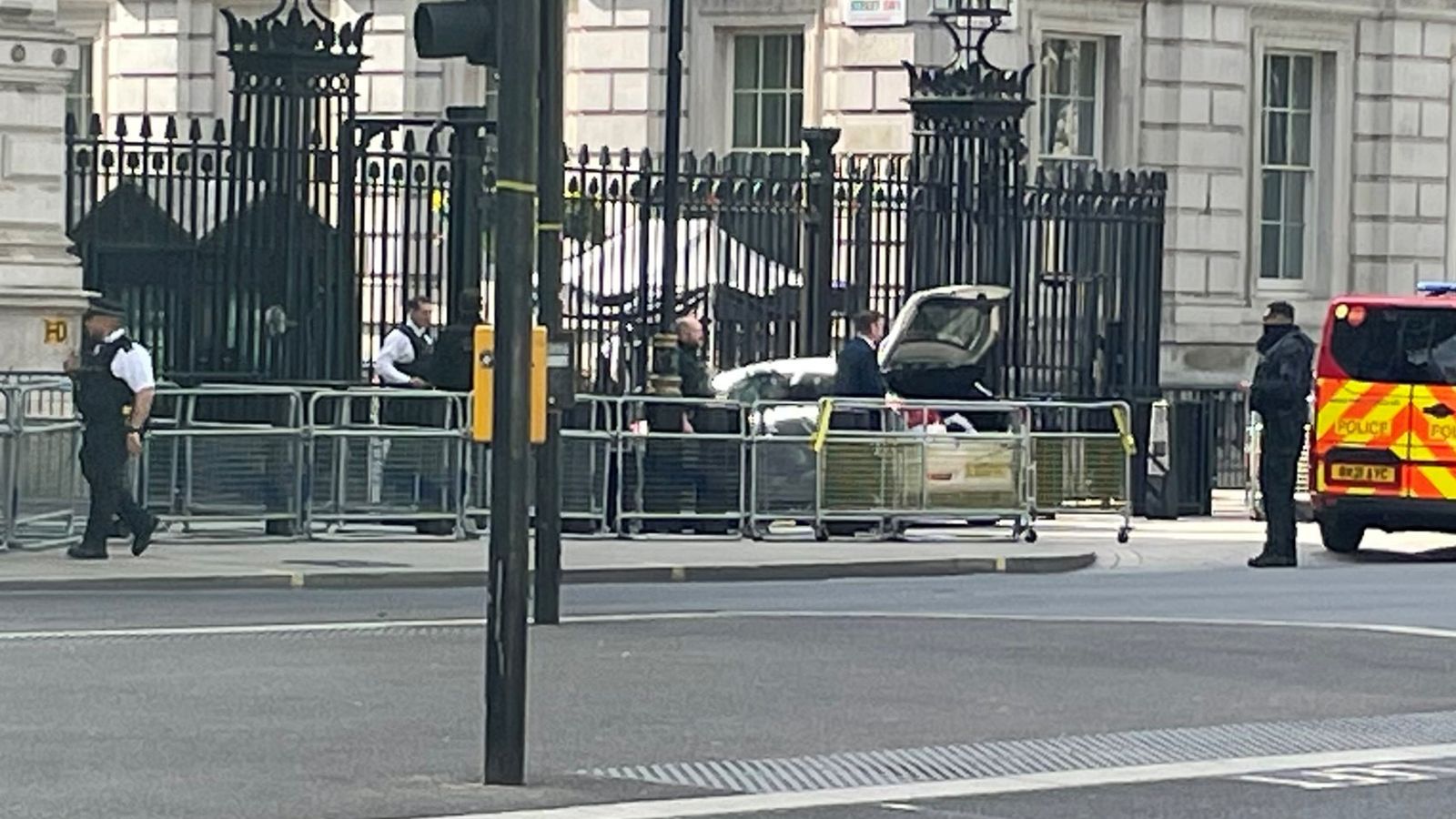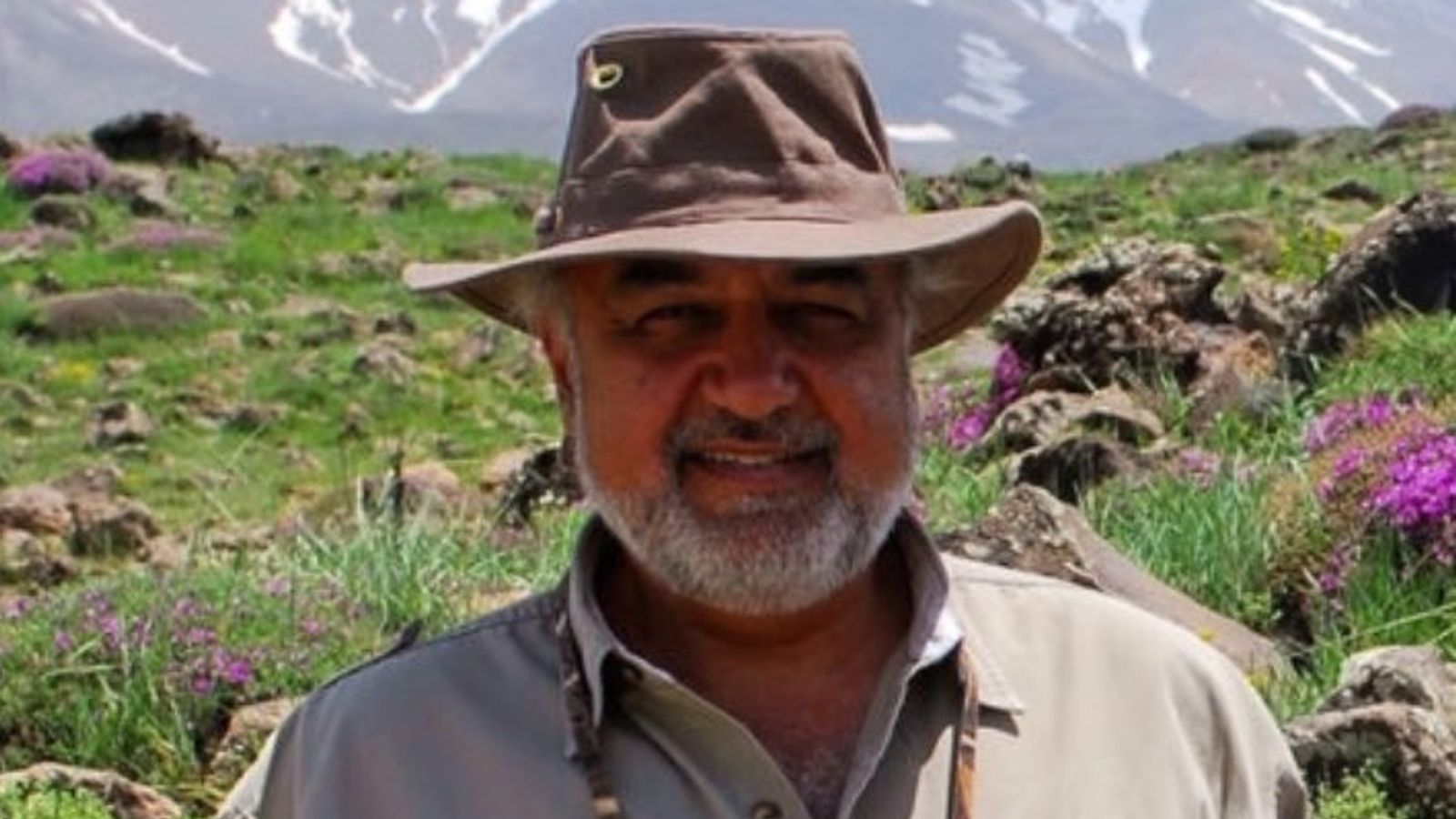Thousands of beds in shelters and new supported living accommodation in England will be provided as part of a strategy to end rough sleeping.
An extra 14,000 emergency beds for rough sleepers and 3,000 support staff roles will be created this year as part of a three-year £500m plan, according to the Department for Levelling Up, Housing and Communities (DLUHC).
A further 2,400 long-term supported homes for those with the most complex needs, including young people, will also be delivered by March 2025 through a £200m accommodation programme.
The plans will be paid for with £2bn of funding over the next three years which was initially announced in the spring spending review.
Of this sum, £764m has been allocated to councils and government partners.
Boris Johnson’s winning 2019 election manifesto contained a commitment to ending “the blight of rough sleeping by the end of the next Parliament”.
It said this would be achieved through an extension of the Rough Sleeping Initiative which began in 2018, Housing First, and using local services to meet the health and housing needs of people living on the streets.
Politics live: Boris Johnson makes £700m promise as time in office draws to a close
The government says the funding will “exhaust all options” to ensure no-one leaves a public institution – such as hospitals, prisons, the care or asylum systems, or the armed forces – for the street.
A further 20 areas will get drug and alcohol treatment services through investment of up to £186.5m
Pilots in the West Midlands, Manchester and Liverpool will be extended.
Levelling Up Secretary Greg Clark said: “Ending rough sleeping in this parliament is an important manifesto commitment.
“We’ve made great strides towards that goal in the last few years and today’s strategy backed by £2bn of support will give some of the most vulnerable people in our society a roof over their heads and targeted support so they can rebuild their lives.
“The full weight of government is behind this very necessary pledge and this landmark strategy will give us the right tools to identify people at risk of rough sleeping earlier and provide the help they need.”
Rough sleeping minister Eddie Hughes added that the government “will pull every lever at our disposal so councils, working hand in hand with the voluntary, faith and community sectors, can intervene swiftly when someone is sleeping rough”.
Homeless Link, the national membership charity for frontline homelessness organisations in England, said the strategy is a “step in the right direction”.
But Polly Neate, chief executive of Shelter, called the plan a “missed opportunity”, adding: “It’s good that this strategy recognises that, fundamentally, not being able to afford anywhere to live is the main driver of homelessness.
“It’s disappointing that it does next to nothing to address it. In the face of a major crisis – with people already struggling to keep the lights on and pay their rent – this plan is wholly inadequate.”
Labour’s shadow Levelling Up secretary Lisa Nandy also accused the government of “rushing out a last ditch strategy hours before leaving office”, saying it was “chaotic, insulting and does nothing to provide reassurance to thousands of people facing a long hard winter”.
She added: “Rough sleeping has risen 38% since the Tories took office and evictions have soared this year. Without urgent action, Britain faces the horrifying prospect of a significant rise in street homelessness.
“We need a serious, workable plan to ensure everybody has a safe and secure place to live, not another press release that is destined for the bin in just a few days’ time.”





